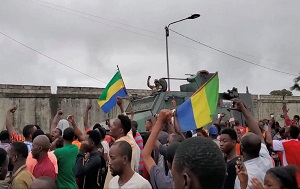According to environmental justice organisation The Green Connection, the transition process has been dominated by government and international partnerships, with little to no consultation with the communities most affected by energy insecurity.
Liz McDaid, Strategic Lead at The Green Connection, highlights the exclusion of local voices in shaping the country’s energy future.
“These programmes are announced at an international level and imposed on grassroots communities without first asking them what they need,” she explains. “For Africa, and especially SA, this is critical. We are experiencing the consequences of climate change at an accelerated rate, with Southern Africa warming twice as fast as the rest of the world. We must act now to prevent food insecurity and other climate-related crises.”
McDaid underscores the importance of renewable energy, noting that it is now more affordable than fossil fuel alternatives. However, she warns that unless the transition is inclusive, vulnerable communities will continue to suffer. “If corporations are allowed to roll out these projects without ensuring that benefits reach those in need, then people without stable energy access and those struggling with rising electricity costs will remain marginalised,” she says. “A just and fair transition must start from the bottom.”
Ensuring sustainability in SA’s energy transition is another key concern. McDaid points to the long-overdue implementation of the country’s Integrated Energy Planning (IEP) law, passed in 2008 but only enacted after a court battle two years ago.
“Sustainable energy planning requires regular reviews and direct engagement with communities,” she asserts. “We need to assess whether energy access has improved, whether electricity remains affordable, and whether there are unforeseen negative impacts. Without this, the transition risks being ineffective and unsustainable.”
--ChannelAfrica--












